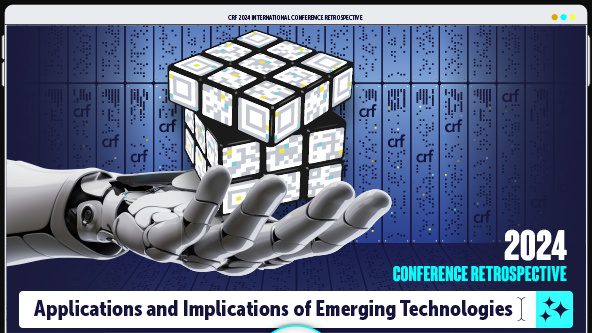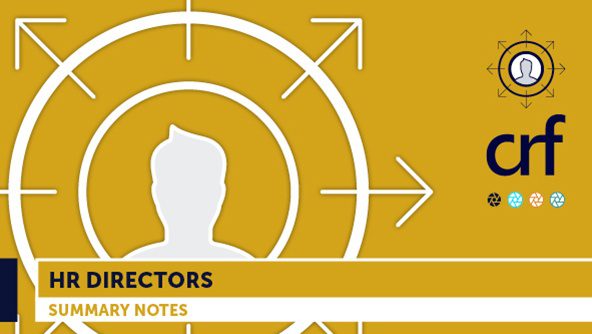AI and Technology
5 Ways HR Can Prepare for the Age of AI
It should not come as a surprise to anyone reading this that AI-powered technologies are fundamentally changing the way we work – from increasing the quantity and ease of sharing organisational data, to the automation of certain tasks or the creation of new jobs leveraging new technologies. It should also not come as a surprise that the pace of this change is accelerating, particularly with the recent mainstream adoption of generative AI. However, our recent research indicates that HR is not yet sufficiently prepared for this shift – 91% of senior HR leaders think their HR Business Partners require further development in how they use and apply technology.
HR should play a leading role in navigating the organisation through any AI-driven transformation, ensuring that the organisation (including the HR function itself!) has the right people and skills to effectively leverage new technologies. HR practitioners will also need to oversee the acceleration of AI as a change management process with implications right across the employee lifecycle, taking action now to bring employees along with them on this journey. With this in mind, the below five steps are a useful starting point for ways HR can prepare for the age of AI.
- Avoid the hype and think strategically
With the wave of new and constantly updated tools and technologies – as well as news articles declaring their revolutionary potential – it’s all too easy to get caught up in the hype of AI. However, instead of just continually implementing the latest technologies, HR practitioners should first take a step back and consider two questions: what are the overall objective or goals of the business, and how can HR leverage AI or other technologies to help to achieve these? In doing so, practitioners will likely need to consider which applications of AI will be most valuable to the business and then prioritise accordingly.
- Polish your job design skills
As the AI-driven transformation of job roles and skills gathers pace, HR should not overlook this opportunity to reconfigure jobs to better help the business achieve its goals and make jobs more meaningful for employees. HR practitioners will need to be proactive in preparing their organisation and workforce for this, thinking carefully about how AI and technologies will change their workforce and investing in their own job or work design and strategic workforce planning skills. One useful starting point will be analysing work at the ‘task’ rather than ‘role’ level.
- Upskills and reskill your workforce
According to the World Economic Forum’s Future of Jobs Report 2023, six in ten workers will require retraining before 2027. Therefore, in addition to thinking carefully about how AI and other new technologies will change their workforce, HR will also need to build the required future organisational skills. In doing so, HR can harness technology to identify and build skills (e.g. through databases to identify the skills and AI-driven learning journeys) and to support employees to transition to any new roles.
- Invest in the skills – both soft and technical – of your HR team
HR leaders will also need to apply the core principles of strategic workforce planning to their own function, carefully considering the skills required in the future and then determining what actions to take now to help achieve this. Unsurprisingly, technical skills such as data literacy or user-centred design will be critical and organisations should invest in their existing digital capabilities. However, HR should not overlook the soft skills required to bring the rest of the organisation along on any AI-driven transformation. The business acumen to know which areas to prioritise and change management skills such as stakeholder influencing will be particularly important.
- Focus on the employee experience
HR will need to play a pivotal role in bringing employees along on any AI-driven changes. Key to this will be maintaining employee trust, beginning with clear communication and ensuring that ethical and privacy guidelines are clear and up to date. Rather than relying solely on digital self-service models, HR should prioritise human interaction at particular ‘moments that matter’, considering that different employee populations and generations may have different needs and definitions regarding a ‘human touch’.
In order to achieve the above five steps HR practitioners will need to forge close relationships with their organisation’s Technological Officers and also collaborate with external experts when needed. Most of all, HR practitioners need to keep in mind that AI is just a tool that can help and support people, who remain the critical factor in the workplace.
Interested in finding out more about the implications of new technologies on your business and HR’s central role in management these implications? Catch up with the 2024 International Conference Retrospective – a comprehensive summary of the Applications and Implications of Emerging Technologies Conference.




